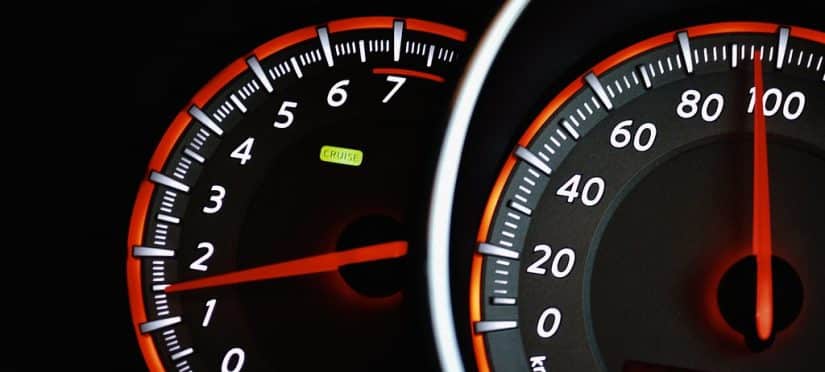Should learner drivers use cruise control or not? Cruise control is a nifty feature in many modern automobiles. They make long drives more comfortable and improve fuel efficiency. Before delving into the pros and cons, let’s first understand what cruise control is.
What is Cruise Control, and Should Learner Drivers Use Cruise Control or Not?
Cruise control is an automotive feature that allows a vehicle to maintain a constant speed without the driver continuously pressing the accelerator pedal. It’s particularly useful for highway driving, where maintaining a consistent speed is requirement. The system is typically activated by the driver, who sets a desired speed. The car’s cruise control takes over the throttle control to keep the vehicle moving at that speed.
Pros for Learner Drivers
- Speed Management: Cruise control can assist learner drivers in maintaining a constant speed. It prevents unintentional speeding or slowing down.
- Fatigue Reduction: On long drives, keeping a steady speed with cruise control can reduce driver fatigue. It relieves the constant pressure on the accelerator pedal.
- Fuel Efficiency: Maintaining a consistent speed with cruise control can contribute to better fuel efficiency. It eliminates unnecessary acceleration and deceleration.
- Focus on Other Aspects: Learner drivers can use cruise control to free up mental bandwidth. It allows them to concentrate on other crucial aspects of driving, such as road awareness and signaling.
Cons of Cruise Control for Learner Drivers:
While cruise control is a convenient feature, learner drivers are generally not allowed to use it. This is because cruise control can reduce the driver’s active engagement and control over the vehicle, which is essential for learning and developing safe driving skills. It’s important for learner drivers to focus on manual control, steering, braking, and accelerating to gain the necessary experience and confidence before using features like cruise control.
- Reduced Vigilance: Relying too heavily on cruise control may lead to a reduction in driver vigilance, as learners may become less engaged with the act of driving.
- Limited Applicability: Cruise control is most effective on highways with consistent driving conditions. In city driving or complex traffic situations, it may not be as practical or safe.
- Emergency Response: In situations that require rapid acceleration or deceleration, having cruise control engaged may hinder a learner driver’s ability to respond quickly.
- Learning Manual Control: For those learning to drive, it’s crucial to develop a good understanding of manual speed control before relying on automated systems like cruise control.
Conclusion
While cruise control can be a valuable tool for learners on certain stretches of road, it’s essential to use it judiciously. Learner drivers should prioritize developing manual control skills and remain vigilant in all driving situations. Ultimately, the decision to use cruise control should be based on the driving conditions, the driver’s comfort level, and the need for active engagement in the driving learning process.

